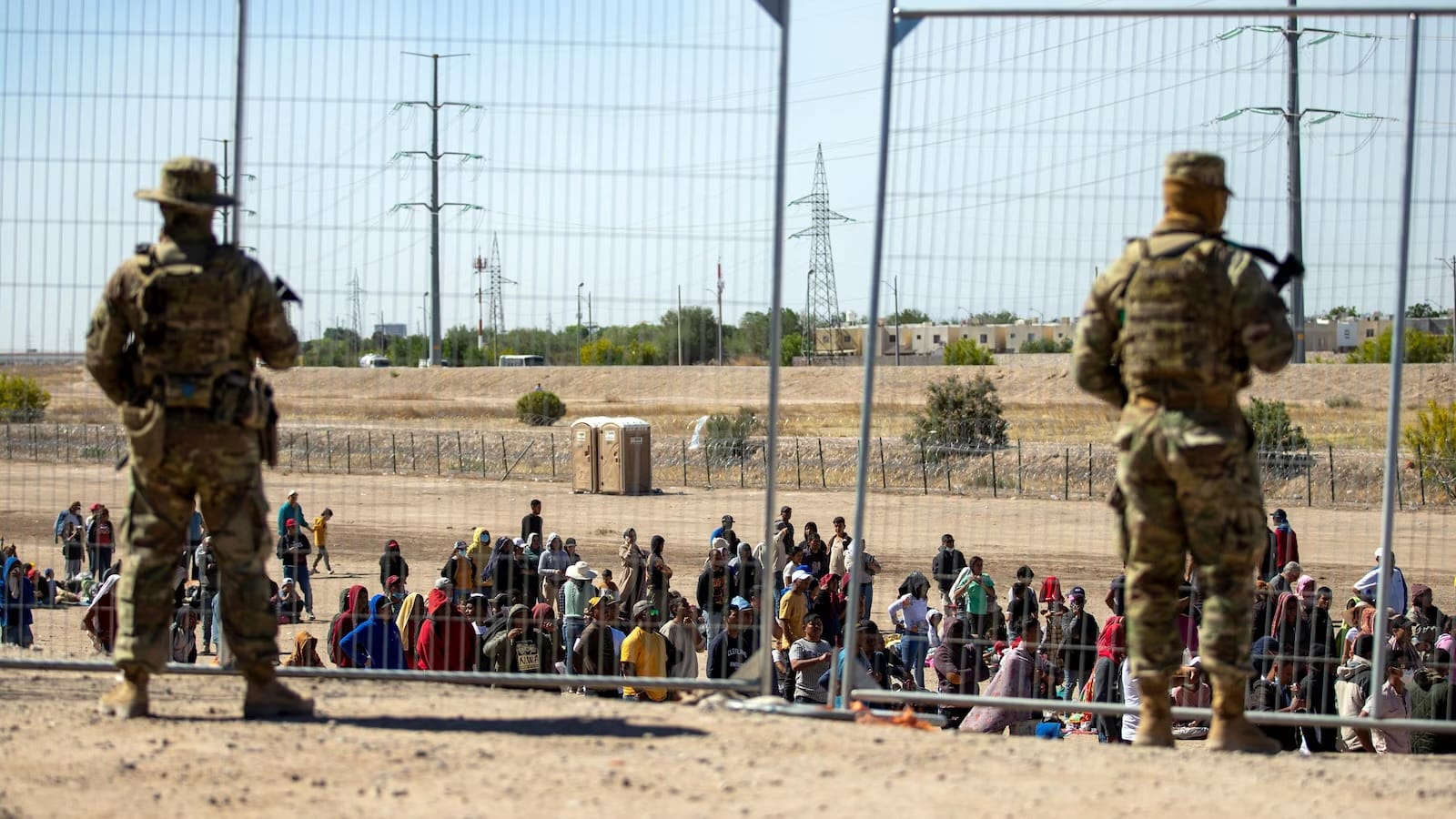U.S. Senate Stalls Bill on Border Security and Aid to Ukraine and Israel
In a significant legislative stalemate, the U.S. Senate has blocked a comprehensive bill that sought to address border security concerns while also allocating considerable financial aid to Ukraine and Israel. This bipartisan effort, which intertwined domestic policy with international assistance, aimed to provide over $60 billion in support to

In a significant legislative stalemate, the U.S. Senate has blocked a comprehensive bill that sought to address border security concerns while also allocating considerable financial aid to Ukraine and Israel. This bipartisan effort, which intertwined domestic policy with international assistance, aimed to provide over $60 billion in support to Ukraine amid its ongoing conflict and $14 billion in security assistance to Israel.
The bill's blockade highlights the intricate balance of domestic and international priorities within the U.S. political framework. Designed to bolster the U.S.-Mexico border's defenses, the legislation also reflected America's commitment to supporting its allies in times of geopolitical strife. However, the failure to advance underscores the contentious nature of U.S. immigration policy and the challenges of securing bipartisan support for foreign aid amidst diverging political agendas.
The impasse in the Senate raises questions about the future of U.S. aid to Ukraine and Israel, both of whom rely on American support for their security needs. For Ukraine, the promised $60 billion represented a significant bolstering of its defenses against Russian aggression, while Israel's $14 billion in aid was earmarked for enhancing its military capabilities in a tumultuous region.
As the U.S. grapples with its own border security challenges, the blockage of this bill serves as a reminder of the complexities of legislating in a divided political landscape. The outcome of this legislative effort may have broader implications for U.S. foreign policy and its alliances, signaling potential shifts in how America navigates its role on the global stage.
The Senate's inability to pass the bill also underscores the ongoing debate within the U.S. regarding the allocation of resources between domestic priorities and international commitments. As the world watches, the future of U.S. support for Ukraine and Israel hangs in the balance, with the potential to influence geopolitical dynamics and the U.S.'s position in international affairs.
This legislative deadlock not only reflects the challenges of bipartisan cooperation in the U.S. but also the broader tensions inherent in balancing national security concerns with the imperative to support global allies. As discussions continue, the fate of this crucial aid package remains uncertain, highlighting the intricate dance of policy, politics, and international relations in Washington.




